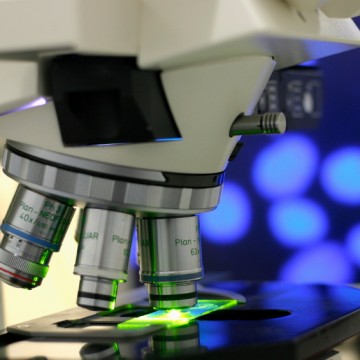Study Identifies New Autism Genetic Risks
Wednesday, October 29, 2014

Photo Credit: Saad Faruque via Compfight cc
“This work establishes the largest number of high-confidence genetic risk factors for autism to date and provides important insights into the underlying biology of the disorder,” said Brian J. O’Roak, Ph.D., an assistant professor of molecular and medical genetics in the Oregon Health & Science University School of Medicine, and a member of the Institute on Development & Disability at OHSU. “Ten years ago, when I began researching autism, we never would have predicted these genes and pathways would be involved."
As well as identifying the 27 risk genes, the study showed de novo mutations contributed to 25 percent of male autism and 45 percent of female diagnoses of the participants.
The study observed more than 2,500 families with autistic children and compared the autistic children to siblings unaffected by the disorder. It was the first study that analyzed the genetics of such a large group of families as a unit.
O’Roak spent the past three years working on the study, along with scientists at the University of Washington, Yale School of Medicine and Cold Spring Harbor Laboratory, New York. The study is published online in the journal Nature.
The genes located in this study can now be added to the approximately 400 genes scientists believe are associated with autism. The way these genes are mutated may also affect how severely the disorder affects a child.
“Identifying the genes and types of mutations that increase autism risk will help us pursue more target autism research,” O’Roak said in a statement. “I am excited about the opportunity to work with my colleagues at OHSU as we build a diverse research program designed to identify the full spectrum of genes associated with autism and related disorders, understand additional environmental risk factors, develop targeted therapeutics and expand clinical interventions that help affected children and their families.”




 Delivered Free Every
Delivered Free Every
Follow us on Pinterest Google + Facebook Twitter See It Read It